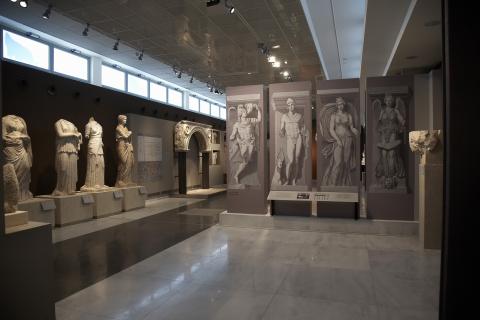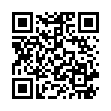Archaeological Museum of Thessaloniki

Service Details
The Archaeological Museum of Thessaloniki is a State Museum of the Ministry of Culture and has been an autonomous unit since 2001. It has been housed in a building, designed by architect Patroklos Karantinos since 1962 and it has been designated as a listed monument of modern heritage, as it is one of the most representative examples of architectural modernism in Greece. Its collections include artifacts and assemblages from excavations conducted since 1912 by the Greek Antiquities Service throughout Macedonia. The museum also houses objects that used to be part of private collections and were later donated to it. Following a long period of extensive renovation and reorganization of both the exhibits and the storage and the administrative sections, the Archaeological Museum of Thessaloniki reopened its gates to the public in September 2006. During the restoration phase, in conjunction with the extension of the Museum’s premises, the permanent collections were also redesigned and exhibited in a way that would serve the needs of modern visitors. The Museum’s exhibition proposal comprises of seven units, through which the visitors come in contact with the world of ancient Macedonia, its culture and its people. The Archaeological museum of Thessaloniki aims to be an institution that promotes culture, learning, education, science and communication. The museum offers educational programs, presents periodic exhibitions inspired by themes both from the ancient and modern culture, supports archaeological research, and organizes themed workshops, lectures, seminars, and a variety of programs and events for all audiences.


